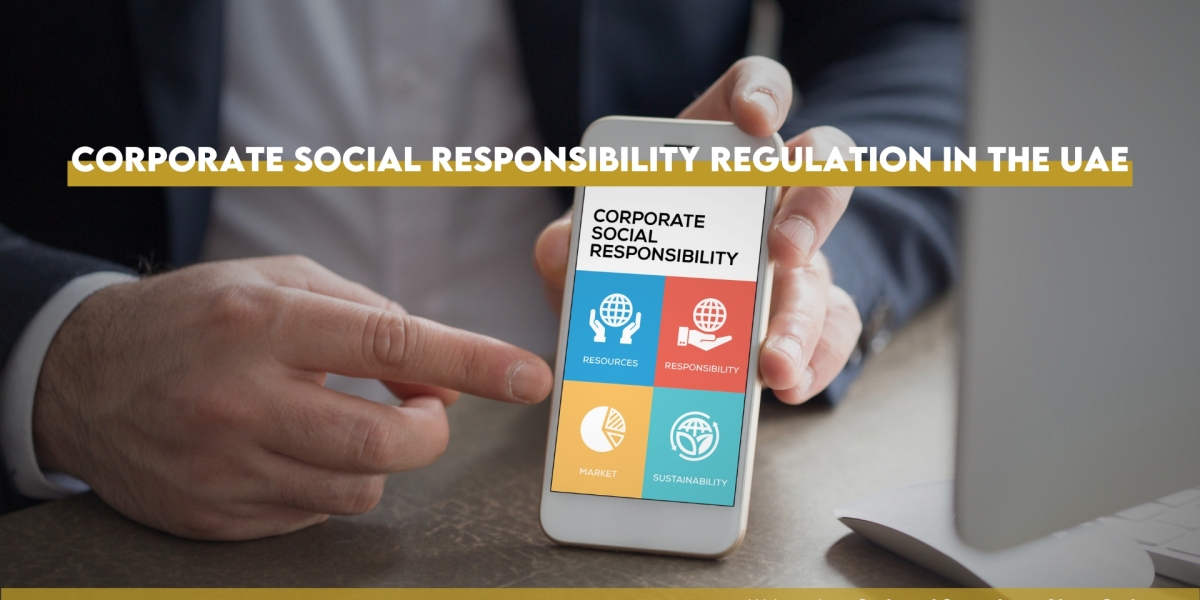Legal Framework
The United Arab Emirates (UAE/State) is making steady progress in developing its legal infrastructure to encourage companies to take an active role in addressing economic, social, and environmental issues that will benefit the community. Initially purely voluntary private initiatives promoted by the Chamber of Commerce and the Government of Dubai, Corporate Social Responsibility (CSR) have now become legal concept embedded in various legislation and is an inseparable element of Corporate Governance rules for a significant number of businesses in the State .
Key legislation regarding CSR includes:
- Federal Decree-Law No. 32/2021 On Commercial Companies (Decree Law)
- Cabinet Decision No. February 2018 On the Corporate Social Responsibility (the CSR Rules); and
- Cabinet Decision No.79/2022 Concerning the Controls of Motivating Commercial Companies to Exercise Their Social Responsibility
Companies Subject to CSR
The CSR Rules apply to all commercial companies that are subject to the provisions of the Decree Law and branches of foreign companies which carry out their activities inside the State. The same means that free zone companies, who do not conduct businesses on the so-called “Mainland” (or main jurisdiction of the State) and companies organized in the Financial Free Zones like DIFC or ADGM fall outside the ambits of CSR Rules.
Article 244 of the Decree Law provides that the Company may decide, by virtue of a Special Decision, to allocate a percentage of its annual profits or accumulated profits to social responsibility. CSR Rules complement this provision and add that contribution to social responsibility shall be made from the profits realized by the Company at the end of each fiscal year, and it shall be permissible to make contributions from profits that were not distributed for the preceding fiscal years. This implies that medium and large businesses, particularly those operating as PJSC, are more likely to participate in CSR activities. However, this does not exclude other types of businesses in the primary jurisdiction of the State, whose profits enable them to partake in such activities.
Regulatory Authority
The CSR Rules define the Economy Ministry (the Ministry) as being the Competent Authority supervising compliance with the CSR Rules. The Ministry is in turn responsible for establishing and running the National Social Responsibility Fund (the Fund) assigned with more broad and specific authorities in relation to CSR practices and activities. Some of the crucial Fund’s responsibilities are:
- Setting up the Platform and regulating the listing of Companies, Establishments, Beneficiary Entities, Projects and Programs.
- Following up the implementation of the CSR Projects and Programs listed on the Platform.
- Awarding the CSR Label and Passport to Companies and Establishments that comply with the criteria, conditions and requirements issued by the Board.
CSR Practices
The Companies exercising CSR may opt to the following:
- Making cash or in-kind contributions to finance the development programs and projects in the State;
- Adopting environmentally friendly policies in production and work;
- Promoting innovation and scientific research or contributing to the provision of solutions for problems and challenges encountered by the community; and/or
- Setting out sustainable strategies for the CSR, in addition to providing opportunities to develop humanitarian and social campaigns and initiatives, as well as engaging in volunteering programs.
Most importantly, for the purpose of CSR Rules, such activities will only be deemed CSR compliant practices when carried out through the Platform established by the Fund.
Enforceability of CSR
So far Corporate Social Responsibility practices under the CSR Rules are exercised on a voluntary basis. Recent Cabinet Decision No 79 of 2022 underscores the Government's efforts to motivate the Companies to actively participate in CSR practices and reiterates that the federal and local Government agencies may exercise their powers by granting incentives to Companies contributing to Social Responsibility.
Along with that, filing a CSR return and listing on the platform becomes mandatory. Pursuant to Article 14 of the CSR Rules, businesses must disclose their contribution, or non-contribution, to social responsibility for the preceding year, via the Platform before renewing their trade licenses annually.
In conclusion, the UAE/State's commitment to promoting and implementing CSR practices is commendable. With the Government's initiatives, including incentives and mandatory reporting, there's a clear path towards enhanced participation and compliance. In this evolving landscape, the expertise of Dubai law firms becomes vital. Al Dhaheri International Advocates & Legal Consultants , as a leading example, plays a crucial role in guiding businesses through these changes. By offering specialized corporate law services in Dubai and featuring skilled lawyers in Dubai , they help businesses not only adhere to regulations but also embrace CSR as a tool for sustainable growth and community betterment. This integration of legal expertise and CSR underscores a future where corporate success aligns seamlessly with social responsibility.
Written by — Sr. Legal Consultant Alona Sadovets









